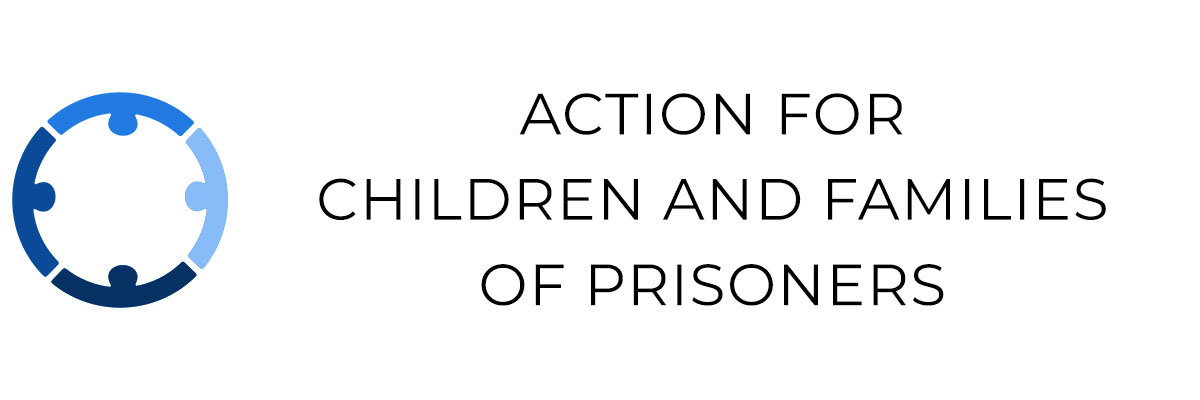There is a dearth of research on the experience of motherhood within the Irish Prison System. This paper considers the specific issue of facilitating contact between incarcerated mothers and their children. It is based on a study exploring the views of practitioners working directly with mothers in prison on how the mother-child relationship is accommodated and supported.
Select findings
- On arrival to prison, all females are asked whether they have children, and if so, what the arrangements are for their care. All respondents highlighted that this aspect of the admissions process is in need of improvement as they rely on the prisoner to provide accurate information.
- The report described the space for children to interact with their mothers in the prison as quite limited. The indoor visiting area is described as small and lacking in natural daylight however, it is reported to be clean, pleasant and bright in colour. However, respondents expressed their desire to replicate normal family life for the women in prison, with more kitchen facilities available to cook and eat meals, but this is not possible due to prison overcrowding.
- The positive impact of having to care for a baby under 12 months was emphasised and viewed as part of the rehabilitation process. However, concerns were expressed over the already strained relationship due to the chaotic lifestyles of mothers. It was noted that caring for a baby in prison can be stressful and all-consuming with the prison environment being unsuitable for young children.
While this small scale study revealed examples of good practice, it notes that these “appear to be driven by the intentions of individual practitioners”, concluding that “if such endeavours are to become standard practice for mothers who are in prison there is a need for accompanying policy measures and resources”.
The report can be read in full here.

Recent Comments